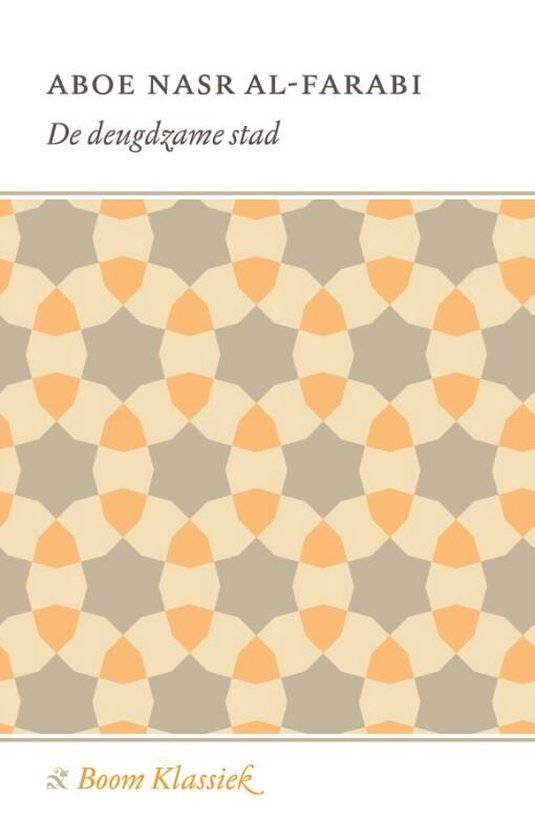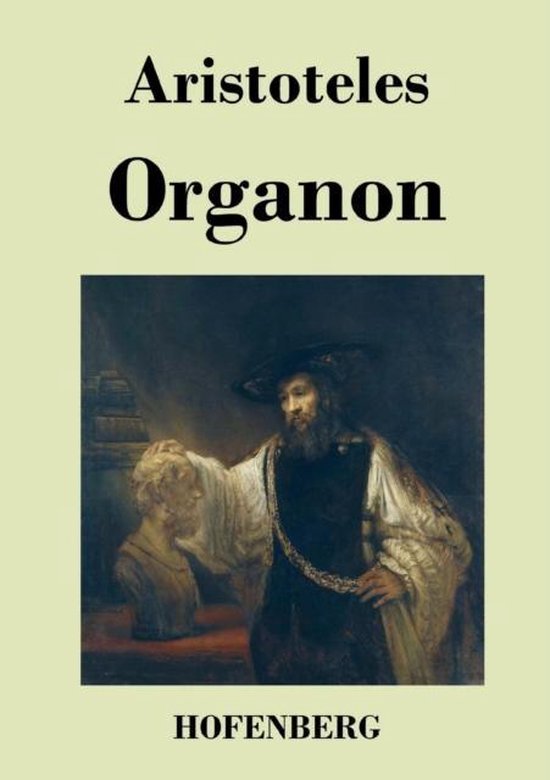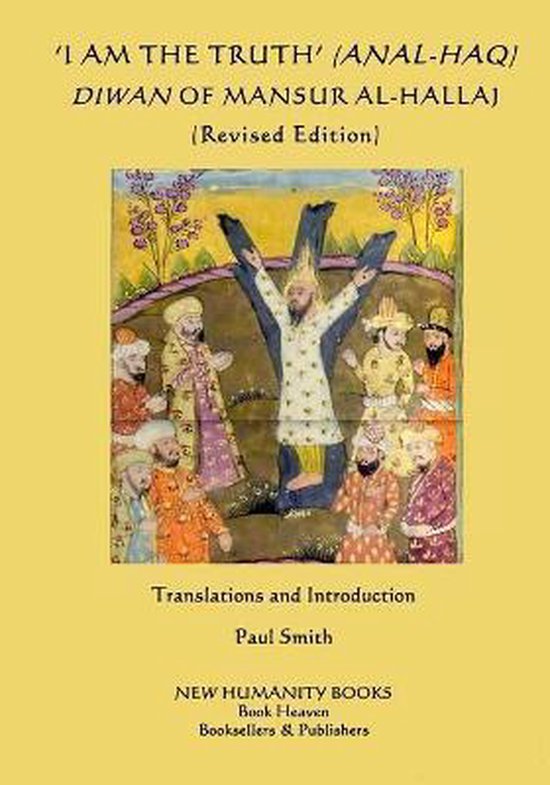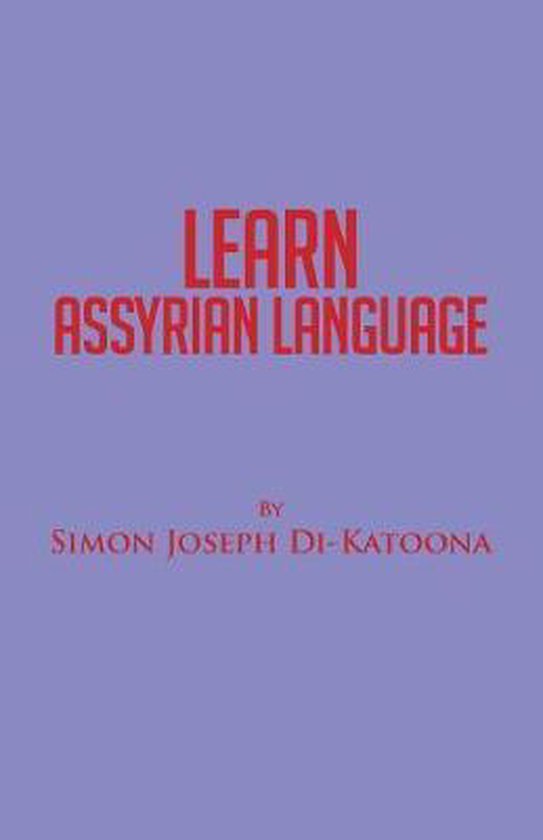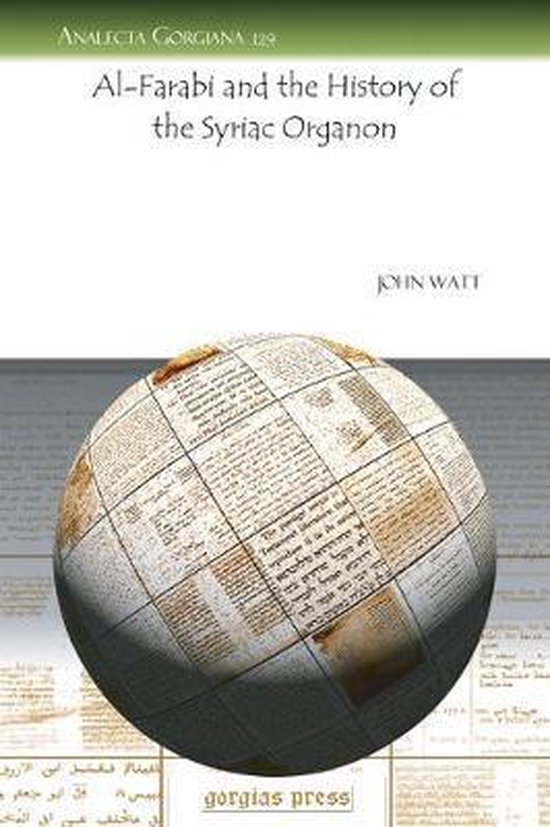
Al-Farabi and the History of the Syriac Organon
Scholarly study of the transmission of Aristotelian philosophy from Greek late antiquity to medieval Islam is to some extent still influenced by the account in Ibn Abī Uṣaibi‛a attributed to al-Fārābī, which served as the basis for Max Meyerhof’s famous essay Von Alexandrien nach Bagdad.
Scholarly study of the transmission of Aristotelian philosophy from Greek late antiquity to medieval Islam is to some extent still influenced by the account in Ibn Abī Uṣaibi‛a attributed to al-Fārābī, which served as the basis for Max Meyerhof’s famous essay Von Alexandrien nach Bagdad. The present work, utilising evidence unknown to Meyerhof and still often neglected in more recent scholarship, argues that such a restriction never represented the whole Syriac tradition, but reflects an alternative logical curriculum with deep roots in the ancient world, while Syriac writers who were proficient in Greek adhered throughout to the other strand of this two-strand tradition, that of the full Organon.
Scholarly study of the transmission of Aristotelian philosophy from Greek late antiquity to medieval Islam is to some extent still influenced by the account in Ibn Abī Uṣaibi‛a attributed to al-Fārābī, which served as the basis for Max Meyerhof’s famous essay Von Alexandrien nach Bagdad. The present work, utilising evidence unknown to Meyerhof and still often neglected in more recent scholarship, argues that such a restriction never represented the whole Syriac tradition, but reflects an alternative logical curriculum with deep roots in the ancient world, while Syriac writers who were proficient in Greek adhered throughout to the other strand of this two-strand tradition, that of the full Organon.
| Auteur | | John Watt |
| Taal | | Engels |
| Type | | Paperback |
| Categorie | | Religie, Spiritualiteit & Filosofie |
